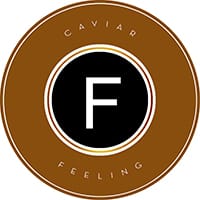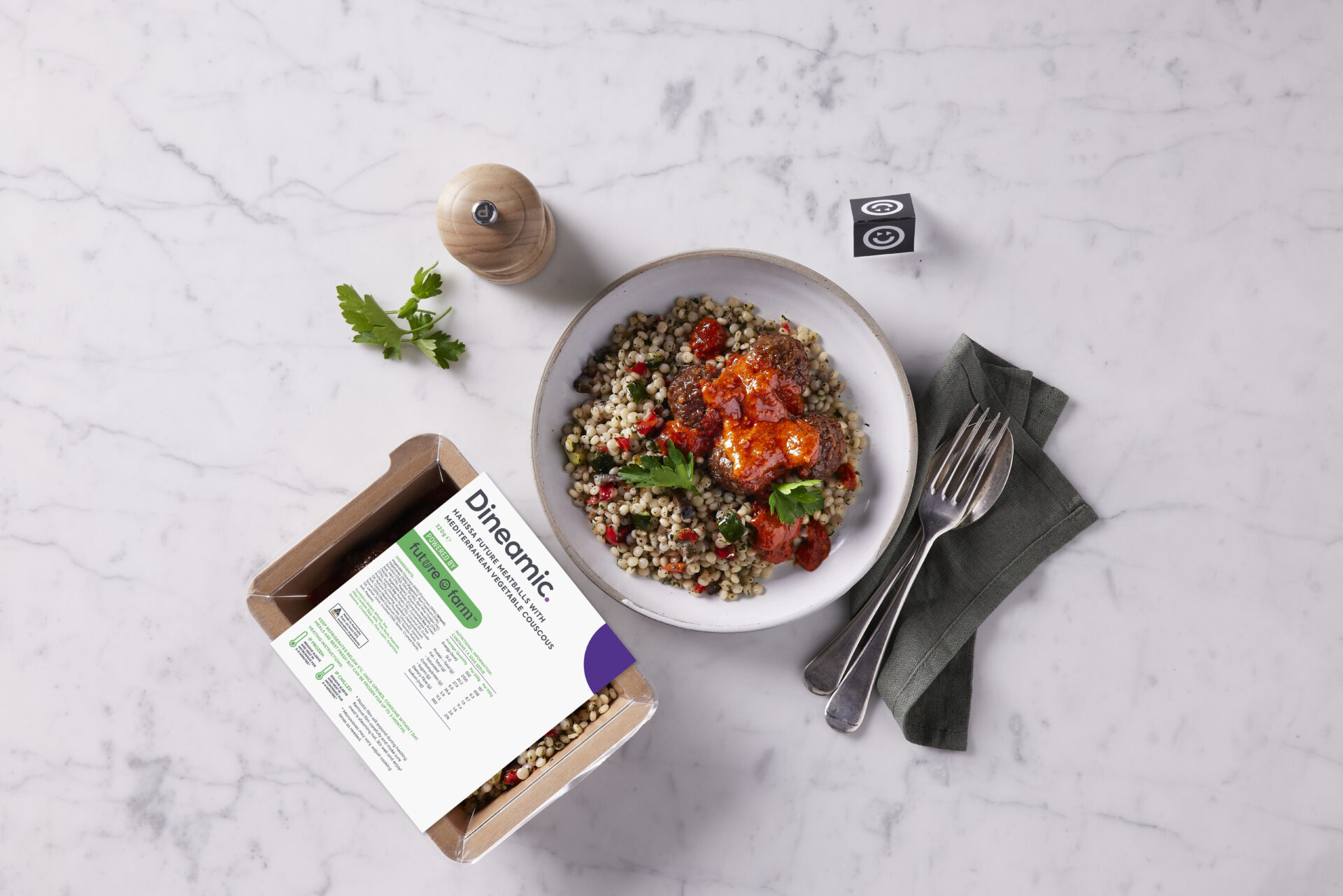Plant-based food is a term you probably have heard before as it is one of the fastest growing phenomena in the world of nutrition and healthy eating in the past years.
But what plant-based eating actually mean? This type of diet or lifestyle is based on eating plant based foods, which includes fruits, vegetables, whole grains, nuts, seeds and legumes, and almost no products from animal origin. “There are significant health benefits to eating a plant-based diet, but it doesn’t mean that everyone should adopt a vegan or vegetarian diet to be healthy. With that being said, eating more plant foods is the single most important dietary change needed to improve our health.” Mentioned Dineamic Founder & Accredited Practising Dietitian, Karen Inge.
You’ll also like this:
6 Fashion Trends To Have On Your Radar In 2023
10 Best Body Serums for Smooth, Glowing Skin
Top Skincare Tips And Tricks For A More Natural Look
What are the main health benefits of switching to a plant-based diet?
There is a strong relationship between a plant-based diet and heart health in terms of helping to keep our blood pressure and cholesterol in check and our bodies in shape, reducing the risk of stroke as well as developing type 2 diabetes and certain cancers. Eating more whole grains, legumes, fruit, vegetables and nuts and seeds is so important for good gut function. These foods provide an excellent source of prebiotic fibres which stimulate the growth and activity of good bacteria in our gut, which plays an important role in helping to alleviate anxiety and depression. Additionally, plant foods are loaded with phytochemicals that help to reduce inflammation in our bodies and offer protection against free radical damage. You’ll find a variety of colourful fruits and veggies in Future Farm’s plant-based proteins. Do you need any more convincing?
Why should someone consider cutting out meat?
I think there are three main reasons for most people to consider not necessarily cutting out meat but certainly cutting down their intake of meat.
Firstly, their health. Secondly the welfare of our animals and thirdly, the future of our planet. In 2019, The Eat Lancet Commission developed the world’s first scientific guidelines for healthy and sustainable diets and according to one of the co-authors of this report, Walter Willett, Professor of Epidemiology and Nutrition at Harvard, if the global consumption of meat and dairy were to be increased much beyond 2 servings per person per day, it would not be sustainable and would have environmental effects which would threaten global food production.
If we think about the issue on a personal health level, we know that eating fatty meats can increase our risk of heart disease and eating processed meats like bacon, and sausages can increase our risk of bowel cancer. Reducing our red meat consumption to no more than 3-4 times a week and keeping our portion size to 90-100g (cooked weight) so that the meat becomes the condiment on the plate rather than the feature and we make the plant foods the hero is the way to go to keep ourselves healthier. Plant-based meats are great for people who still love the taste and texture of meat but for health and environmental reasons are trying to reduce their meat intake.
Do we need to take supplements if we are vegetarian or vegan?
Not necessarily, it all depends on whether or not you are a well-balanced vegetarian. Where some vegetarians go wrong is that they simply remove the meat from the plate without considering the nutrients that need to be replaced with the main ones being iron, zinc, Vitamin B12 and omega 3s. Thankfully, Future Farm’s plant-based meat substitutes contain ingredients that are rich in iron (pea) and protein (soybean), making them a suitable substitute for meat. If you are a lacto vegetarian, meaning you still eat dairy like milk cheese and yoghurt, you can get enough calcium and Vitamin B12 and if you eat eggs as well your Vitamin B12 should be fine.
For vegetarians and vegans, eating legumes is very important because they are a great source of iron and zinc. The key is to help absorb those minerals. We know that vitamin C helps iron to be absorbed but unfortunately, phytates in foods inhibit the absorption of these minerals so it’s a real balancing act. My advice is to have a chat with your family doctor or local GP about having an annual blood test to check your iron and B12 levels before taking single-nutrient nutrient supplements so that you eliminate the guesswork and only take a supplement if you need to.
How can we ensure eating a plant-based diet is sustainable and healthy?
The healthy aspect is easier. You need to ensure that you are eating a variety of whole foods such as legumes, whole grains, nuts, seeds, fruits and vegetables while ensuring that you are increasing the variety within those groups for example.
For legumes: Think peas, lentils, soybeans, edamame, chickpeas etc. As mentioned, Future Farm’s plant-based proteins contain a trio of legumes (peas, soybeans, chickpeas) to ensure you are getting that variety.
For whole grains: Think rye, barley, oats, buckwheat, quinoa, and amaranth not just wheat and rice. For seeds, think chia, hemp, pumpkin, sesame, and flax seeds and we all know about variety in terms of fruit and vegetables…go for colour and ensure you are eating rainbows. Eating a variety helps you attain the array of nutrients that you need and consider fortified foods such as calcium-fortified plant milks like oat, almond, soy, and hemp.
We all know that plant-based eating is more sustainable than eating a diet high in animal products, but there are still things you can do to make your plant-based diet more sustainable. Choose fruits and veggies when they are in season. Consider food miles, water usage, pesticide impact, and agricultural practices. In the home, reduce waste.
We often buy more than we need, we don’t plan our meals for the week and even if we do, last-minute dinner invitations or can’t be bothered cooking nights, can leave us with a fridge full of wasted food by the end of the week……and that not sustainable even if its plant-based! To avoid waste, you can rely on Dineamic’s ready-made meals, even if it’s only for a few meals per week. Reducing waste can go a long way in being more sustainable and feeling better about your food choices.
Is a plant-based diet suitable for everyone?
Yes, well-planned plant-based diets are suitable for everyone across all stages of the life cycle, including childhood and adolescence and athletes. Vegetarian and vegan diets that are well planned are healthy, nutritionally adequate and, as discussed, can provide a positive impact on our health and reduce the risk of chronic disease. With nearly 50% of Australians living with a chronic disease, it is vitally important that we become more plant-forward when thinking about our food choices . Dineamic’s ready-made meals can be a great entryway into the plant-based lifestyle, taking the initial guesswork out of how to make your new diet healthy, balanced and sustainable.
You’ll also like this:
Why You Need To Hire A Professional Photographer For Photoshoots?









Leave a Comment